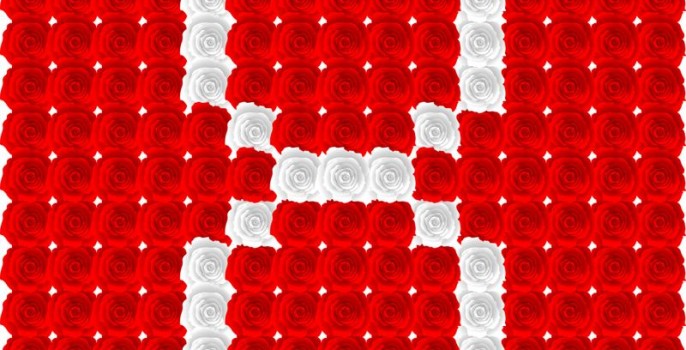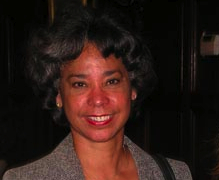“It is important to understand the diversity within what we call ‘women’ and the fact that we all need to be reflective of any exclusion, whether intentional or unintentional.” – HeJin Kim, on cisgender prejudice amongst feminist movements.
Interview By Nevin Öztop.
HeJin Kim is from Gender DynamiX in Cape Town, South Africa. The organization is the first African-based group solely focusing on the transgender community.
Born in South Korea and raised Belgium, HeJin’s geographical and inner transition to various countries made her see various, and yet so similar, forms of gender-based oppression and violence. If you visit her webpage, you will immediately see that “having been a sex worker, she isn’t remotely ashamed of anything, rather she’s proud of her experiences in life and will never allow the world to tell her she’s a victim.” This powerful statement is one of the many reasons why we are are highlighting her words and work on March 8.
You have lived in different parts of the world. Born in South Korea, you now live in Cape Town, South Africa. Please tell us a bit about the inner journey…
I was born in South Korea, grew up in Belgium, and lived in the Netherlands for years before returning to South Korea and then relocating in South Africa. I think many parts of this journey were shaped by specific needs; I stayed in the Netherlands specifically to access gender-affirming medical care which was not as easily available in Belgium at that time. Returning to South Korea was a part of a desire to reconnect with my own heritage, and since then I have simply taken the road ahead, not really that focused on the actual location it would lead me to.
What are the concerns and social and legal needs of trans men and women in regions you have live in? And let’s focus on South Africa a bit more…
When it comes to transgender persons, there are common strands that I have found everywhere I’ve been: Transgender persons face stigma, discrimination, and violence due to their gender non-conformity. Societal norms regarding gender might differ from place to place, but the consequences of breaking them are almost always bad. Beyond that, local context is everything, as the legal landscape can either severely empower someone or severely limit them, as just one example.
March 8 is a global celebration day, but also a remembrance day for all the economic, social, political and sexual violence women have been suffering for centuries. How would you like to address the day yourself? What would you like to underline on this day?
March 8 is a day that talks to women, however it has mostly been about cisgender women. For me, many things that happen on this day are a reflection of this. It is important to understand the diversity within what we call “women” and the fact that we all need to be reflective of any exclusion, whether intentional or unintentional. For the most part, I think March 8 should be about gender, and remembering all those who have been discriminated and violated based upon their gender, which includes transgender persons, as well as gays and lesbians.
Endless debates and discussions are taking place about the place of trans people within feminist activism. Of course feminism did advance in the last decades and broke its gender-binary frame but debates still continue at different levels. “Trans-inclusive feminism” is used often but I will ask you to describe to us how you imagine a feminism that cherishes and grows only with the presence of gender variances.
The issue is with the diversity within feminism; there are a lot of feminists that are inclusive and progressive, while many are conservative and rigid in their application of a binary male-female framework. What boggles my mind with transphobic feminists is the fact that they fail to grasp a simple reality: Cisgender women and transgender persons face stigma, discrimination, and violence based upon their gender; in the end we have a lot more in common than not.
To deny that transgender women are in fact women, is to enforce the rigid binary system that feminism is trying to break down. I think it is also an issue of privilege, where we need to understand the power dynamic between cisgender and transgender women. Those emphasising woman-born-woman are in denial over the privilege they have as cisgender women in framing such exclusion.



